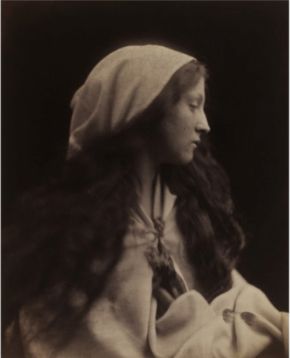I will never forget the cathartic “Eureka!” moment that directly led to me becoming a musician (and indirectly - a visual artist decades later).
This was the moment that propelled me down a path that I still am on today - where expressing the depths of the human condition has been a mission and calling, as well as a career and a means to (hopefully) inspire others.
It was back during my teen-aged years (1977) in Orlando while listening to FM radio (WDIZ) that I first heard the music of the Sex Pistols (the song "Sub-Mission") played by a DJ/program director named Craig Michaels (who I heard was later fired for that very bold and forward-thinking decision) and was immediately inspired to start playing guitar as a result of hearing that aural onslaught of anger and bravado.
It wasn't only that the Sex Pistols’ (and other bands like the Ramones, Clash, Stranglers and the Damned) music encapsulated my teen-aged rage and angst, it was even more so an overwhelming and intoxicating feeling of "I can do that too! " that their sound stirred in me. ..
I had listened to bands like Pink Floyd and Led Zeppelin before then, but never imagined myself playing that music. It all seemed so perfect and polished - as if it was being manifested by unearthly gods who had deigned to bestow it upon us mere mortals as a soundtrack to our insignificant existences..
But Punk Rock seemed so raw and vital to me - as if I was participating in it with the "performers" ( and Punk definitely sought to break down the barriers between audience and stage ). It was commanding me to shun the norms and conventions of a routine & mundane existence that the aforementioned Rock Gods had been merely an escape from and a soundtrack to.
I almost immediately went out and got a guitar and began writing songs, starting bands and embarked upon a music career that lasted for well over three decades (eventually ending with me playing Celtic harp in a band called Trio Nocturna , that put out 3 albums and developed a fan base in the Gothic and Celtic scenes), so years later when I switched to photography I already had that experience of being a freelance artist and I never forgot the lessons that Punk Rock taught me : Do It Yourself - don’t wait for anyone to “discover” you or tell you what to do. Just get out there and do it, and it doesn't matter if you aren't technically polished, or even proficient.. What matters is that you have something to say and that you are never ever boring and/or following mainstream thought programming.
In my 30s I began reading the writings of Joseph Campbell - he postulated that the main two forces in Art are best represented by the the Greek gods Apollo and Dionysus. Apollo represents skill, order, mastery and left- brained logic. Dionysus represent passion, revelry and the right-brained principles of improvisation and intoxication through immersion in pure passion.
The balanced artist harnesses both - although there are extremes on both sides. There is the virtuoso player with no passion or “feel” (as comically represented by Yngwie Malmsteen and other "shredder” guitarists popular in the 1980s) as opposed to a primitive punk band or bluesman with a modicum of technique and lots of “feel” (I would rather listen to John Lee Hooker banging away on one chord about a woman who done him wrong over the the showy “look at me" riffing of a Stevie Ray Vaughn or Eddie Van Halen any day)
To this day I still listen to raw and unpolished bands with very little technical prowess but I still can not listen to purely virtuoso type music, unless maybe you categorize the Baroque music of Bach and Telemann in the latter..
I have found a similar dynamic when I look at the work (and biography) of Photography pioneer Julia Margaret Cameron - whose portraits encompassed "mistakes" such as blur, scratches and even fingerprints on her plates. These “flaws” made many of her more Apollonian peers ridicule her work, but the last laugh is hers, for her work has stood the test of time and today is considered a pinnacle of "Fine Art Photography".
Cameron's subjects transcended mere portraiture - she used Mythology in her themes and thought more like a painter than a documenter of realism.
The rawness combined with the imagination of her work has weathered well as we have moved from realism back to a more esoteric style whereas the more polished and staid work of her “realist” contemporaries has faded into obscurity.
The lesson here is: Passion should always be the driving force. Having something to say is paramount. Technique and technical mastery should always serve the idea and the creative impulse. It is a life-long journey and we should never be afraid to improve our skills and technical mastery , but above all - we should communicate emotion and the human experience with these skills...

